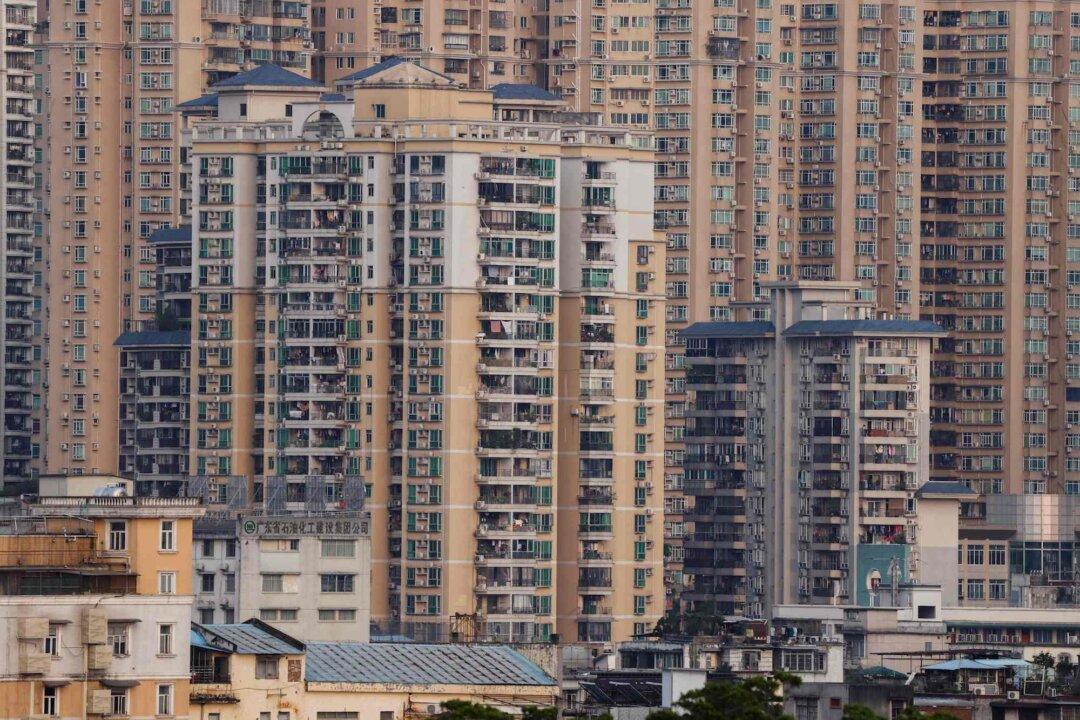The crash of Country Garden Holdings’ shares to a penny stock is sending shockwaves across the Chinese property sector and the wider economy, less than two years after China Evergrande Group’s default rattled global markets.
The share price of the property developer—originally China’s top developer by sales and still larger than Evergrande—plummeted as much as 5.8 percent to HK$0.98 early Friday at the Hong Kong stock exchange, closing below HK$1 for the first time.





